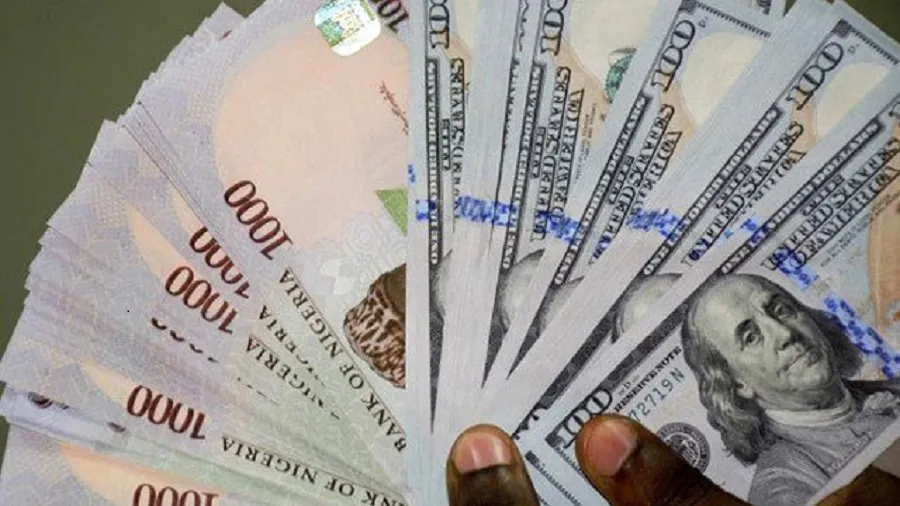Nigeria’s foreign exchange market witnessed the highest turnover of $844 million on February 3, 2024, a 19-month high since June 2, 2023, data from FMDQ Securities Exchange said.
The amount is three times higher than the $266 million traded on the first day of February 2024.
The rise can be attributed to the latest reforms by CBN Governor, Olayemi Cardoso, who unveiled various strategies to enable the naira’s performance against the US dollar.
According to a BusinessDay report, there is better transparency in the official market and banks are mandated to dispose of excess dollars.
The apex bank also removed the cap on transactions by International Money Transfer Operators (IMTOs).
The improved FX supply has reflected on the naira which was recently devalued by the Nigerian government for the second time in eight months.
The naira strengthened to N1,419 per dollar on Monday, February 5, 2024, as against the N1,435 traded on Friday, February 2, 2023.
The parallel market rate remains adamant about the reforms, leading to fears that it may still drift farther away from the official market rate.
Black market traders sold the dollar at N1,455 on Tuesday, February 6, 2024, leading to a 2 per cent gap in the official market rate.
The development comes as Cardoso said there is about $2.4 billion out of the reported $7 billion outstanding foreign exchange liabilities of the Nigerian government that are not valid.
He said the amount is putting pressure on the naira and causing volatility in the FX market.
In an interview with Arise Television, Cardoso revealed that the bank had settled verified Forex requests amounting to $2.3 billion, adding that current outstanding obligations stood at $2.2 billion.
The apex bank’s boss indicated that part of the $7 billion outstanding claims was fraudulent, stressing that a forensic audit by Deloitte was commissioned by the bank and found that the amount was bogus.
He said the outstanding FX liabilities would be addressed soon, stating that the bank would not pay for Forex requests that were not validated by the bank.
The CBN boss said he was not against the bank’s loan intervention schemes, stating that liquidity injections were responsible for current distortions, including inflation in the economy because they were not managed properly.
According to him, loans and economic advances amounted to about N40 trillion, 25% of which are CBN interventions.








More Stories
Teenager in viral photo of Obi’s 2023 presidential campaign rally, Alabi Quadri languishes in jail
Ribadu tells families of kidnapped victims not to pay any ransom
Ozigbo rejects Anambra APC guber primary, calls it a theft